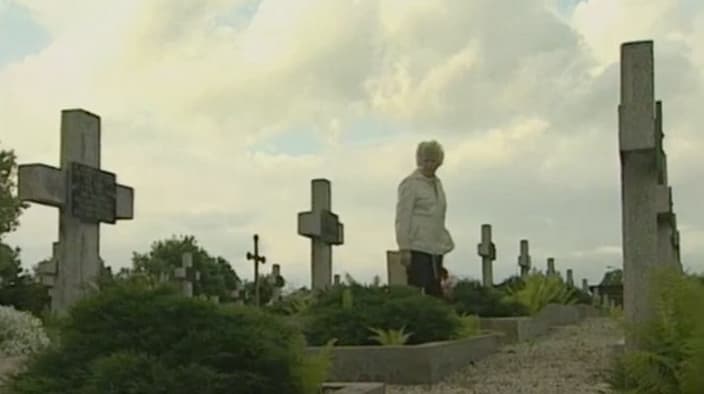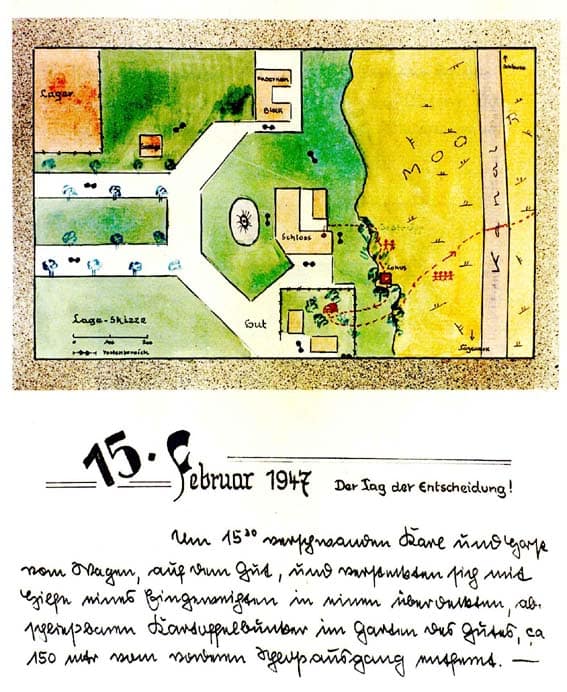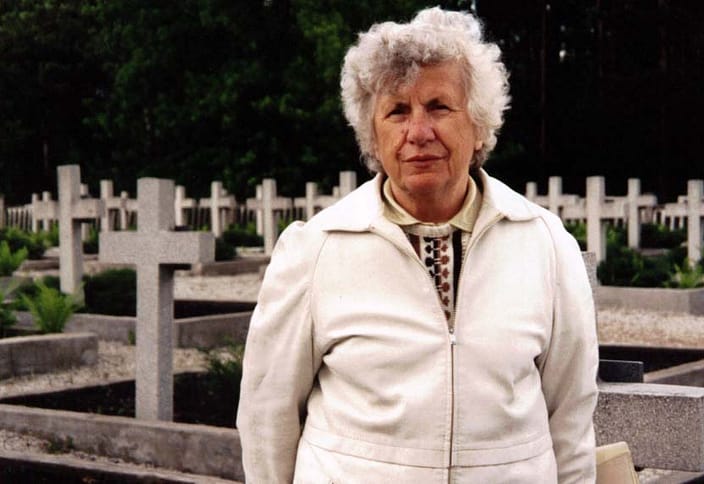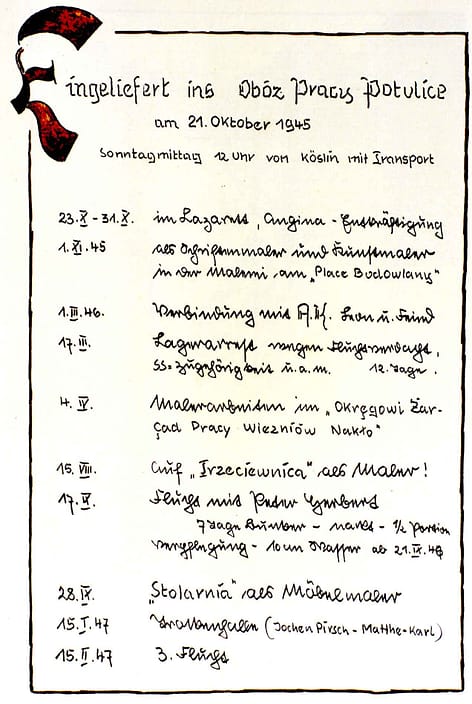For the first time, the film sheds light on a forgotten and long tabooed chapter of German-Polish post-war history. Not only the Germans expelled from the former Eastern territories were collectively punished for the crimes of the Nazi regime. Members of the German minority in Poland who had held Polish citizenship before 1939 were also punished in 1945 simply because of their origin. Without any proof of individual guilt, German families were dispossessed of their property, conscripted into forced labor, and, in most cases, interned in the Nazi labor and concentration camps that had been cleared out by the SS only a few days before. Where the Poles had suffered under the Germans until January 1945, the Germans were now oppressed and abused by the Poles.
The few sources available today indicate that by the time the camps were closed in 1950, well over 100,000 Germans had been imprisoned, mainly in Upper Silesia, West Prussia, and the Lodz area. Most of them were women and children – the men had either fled with the Wehrmacht to the West or were already in war captivity. At least 20,000 of these prisoners died as a result of mistreatment, disease and starvation.
The film accompanies former camp inmates back to Poland – to Swietochlowiece in Upper Silesia, to Sikawa near Lodz, and to Potulice near Bydgoszcz. Using individual, typical incidents from the first days and weeks of the post-war period, the contemporary witnesses describe the then defenseless situation of the internees in the camps and at their workplaces.








